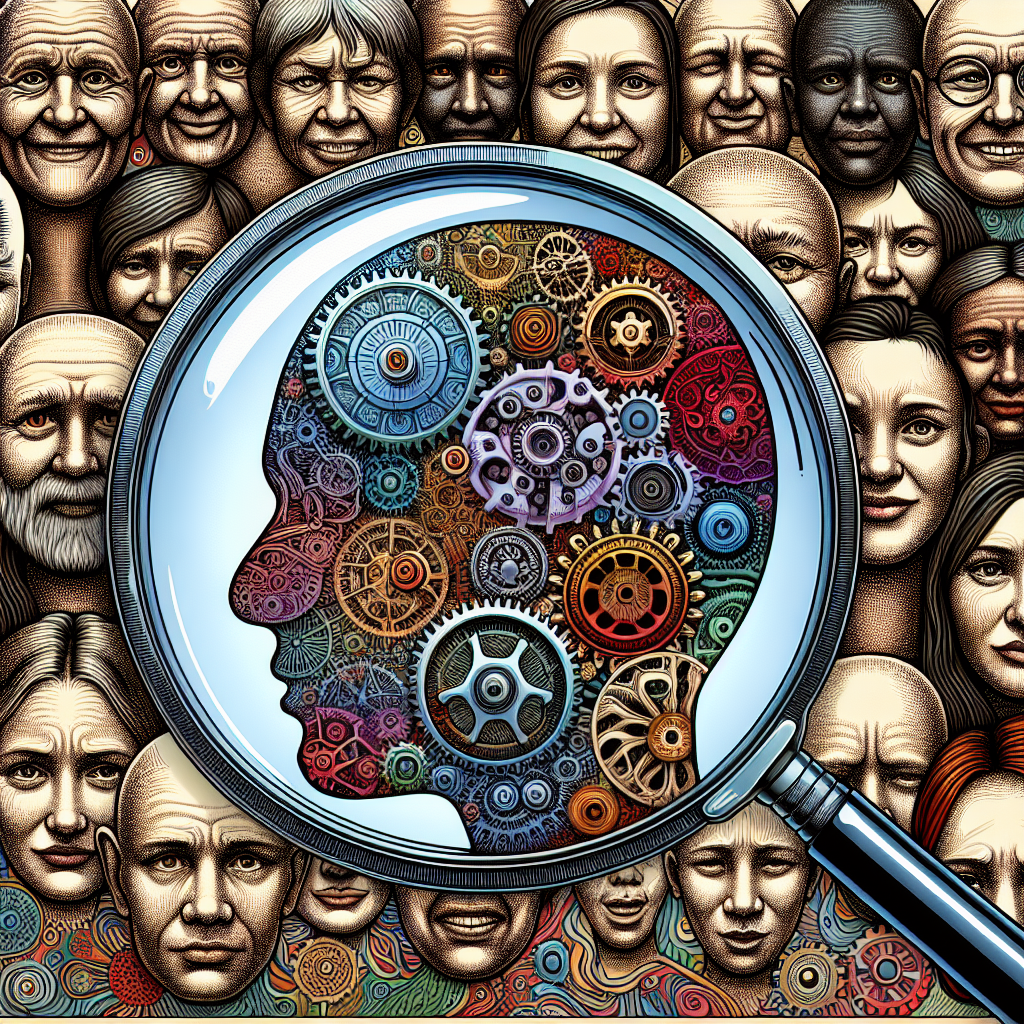The Importance of Psychological Assessment in Understanding Behavior and Emotions
Psychological assessment plays a crucial role in understanding human behavior and emotions. It involves the systematic evaluation and measurement of an individual’s psychological, cognitive, emotional, and behavioral functioning. By conducting psychological assessments, mental health professionals are able to gain insights into a person’s psychological makeup, identify underlying issues or disorders, and develop tailored treatment plans to address their needs. This article will delve into the importance of psychological assessment in understanding behavior and emotions, its benefits, and the different types of assessments commonly used in practice.
Understanding Behavior and Emotions through Psychological Assessment
Behavior and emotions are complex phenomena that are influenced by a myriad of factors, including genetic predispositions, environmental influences, past experiences, and current circumstances. Psychological assessment provides a structured framework for gathering information about an individual’s mental health, personality traits, cognitive abilities, and emotional well-being. Through the use of standardized tests, interviews, and observations, mental health professionals can gain a comprehensive understanding of a person’s psychological profile and the factors that may be contributing to their behavior and emotional reactions.
One of the key benefits of psychological assessment is its ability to provide a deeper understanding of an individual’s underlying psychological processes. For example, a person’s behavior may be influenced by unconscious thoughts and feelings that they are unaware of, or by past traumas that continue to impact their present functioning. By conducting a thorough assessment, mental health professionals can uncover these hidden dynamics and help individuals gain insight into the root causes of their behavior and emotions.
In addition to understanding the factors that contribute to behavior and emotions, psychological assessment also plays a critical role in diagnosing mental health disorders. Many mental health conditions, such as depression, anxiety, and schizophrenia, have specific diagnostic criteria that must be met in order to receive a formal diagnosis. Psychological assessments can help mental health professionals identify symptoms, assess their severity, and determine whether an individual meets the criteria for a particular disorder.
Furthermore, psychological assessment is essential for developing effective treatment plans for individuals experiencing emotional and behavioral difficulties. By identifying an individual’s strengths and weaknesses, as well as their unique psychological makeup, mental health professionals can tailor interventions to address their specific needs and promote healing and growth. For example, a person with low self-esteem may benefit from cognitive-behavioral therapy to challenge negative thought patterns and improve their self-perception, while someone with social anxiety may benefit from exposure therapy to gradually confront their fears and build confidence in social situations.
Types of Psychological Assessments
There are several different types of psychological assessments that are commonly used in clinical practice. These assessments vary in their focus, goals, and methodologies, and are selected based on the specific needs of the individual being assessed. Some of the most common types of psychological assessments include:
– Intelligence tests, such as the Wechsler Adult Intelligence Scale (WAIS) and the Stanford-Binet Intelligence Scale, which measure cognitive abilities and problem-solving skills.
– Personality tests, such as the Minnesota Multiphasic Personality Inventory (MMPI) and the Rorschach Inkblot Test, which assess an individual’s personality traits, emotional functioning, and behavioral tendencies.
– Neuropsychological tests, such as the Trail Making Test and the Stroop Test, which evaluate cognitive functions such as memory, attention, and executive functioning.
– Projective tests, such as the Thematic Apperception Test (TAT) and the Draw-A-Person Test, which elicit unconscious thoughts and feelings through ambiguous stimuli.
– Behavioral assessments, such as functional behavior assessments and behavioral checklists, which identify patterns of behavior and potential triggers or reinforcers.
FAQs
Q: What is the difference between psychological assessment and psychological testing?
A: Psychological assessment refers to the broader process of gathering information about an individual’s psychological functioning, which may include interviews, observations, and standardized tests. Psychological testing, on the other hand, specifically refers to the administration of standardized tests to evaluate cognitive abilities, personality traits, and emotional functioning.
Q: How long does a psychological assessment typically take?
A: The duration of a psychological assessment can vary depending on the specific goals of the assessment, the complexity of the individual’s presenting concerns, and the types of assessments being used. In general, a comprehensive psychological assessment can take anywhere from a few hours to several sessions spread out over a period of days or weeks.
Q: What should I expect during a psychological assessment?
A: During a psychological assessment, you can expect to engage in various activities such as answering questions about your emotions and behaviors, completing standardized tests, and participating in interviews with a mental health professional. It is important to be honest and open during the assessment process to ensure an accurate understanding of your psychological functioning.
Q: How can I use the results of a psychological assessment to improve my mental health?
A: The results of a psychological assessment can provide valuable insights into your psychological strengths and weaknesses, as well as the factors that may be contributing to your emotional and behavioral challenges. By working collaboratively with a mental health professional, you can develop a treatment plan that addresses your unique needs and goals, leading to improved mental health and well-being.




Leave A Comment